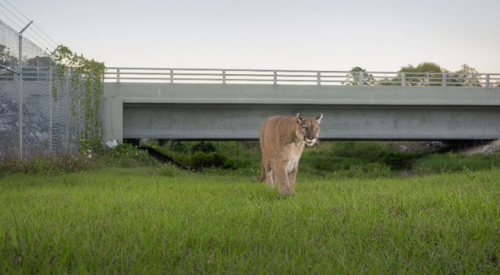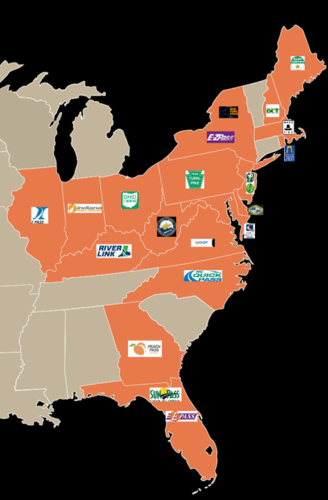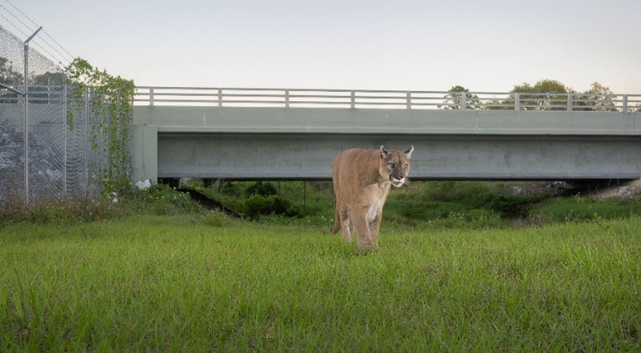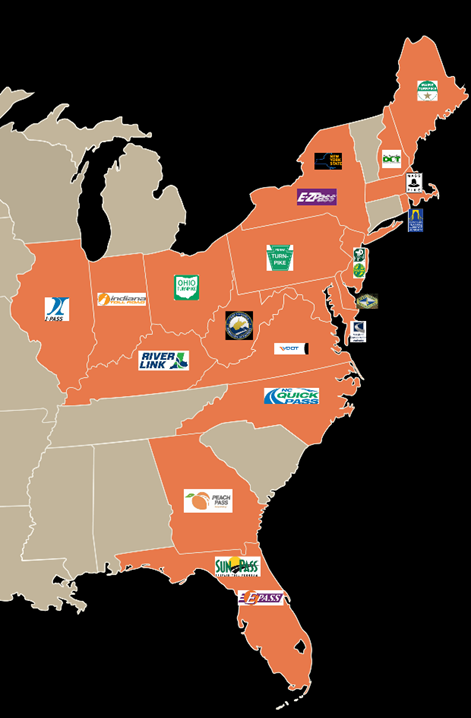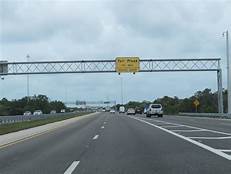 At a time when communities want their voices heard and institutions need to build or regain the public’s trust, Florida tolling agencies have been setting the pace, with a structure that strikes the ideal balance between local leadership and state government accountability.
At a time when communities want their voices heard and institutions need to build or regain the public’s trust, Florida tolling agencies have been setting the pace, with a structure that strikes the ideal balance between local leadership and state government accountability.
With a network of regional tolling authorities that dates back about as long as the state-wide Florida’s Turnpike Enterprise (FTE), the system reflects a baked-in commitment to public engagement, while remaining ultimately accountable to state legislators, says Michelle Maikisch, Chief of Staff at the Central Florida Expressway Authority (CFX).
“Our board meetings are televised,” she notes. “Our boards are typically made up of local leadership, the public has immediate access to our decision processes, and people show up for public comments at every meeting,” on issues ranging from local toll roads to transit.
So while the state as a whole has a solid track record for transparency, the local agencies are where the rubber literally hits the road. “It’s representation by the people, and people show up and tell us what they think, just as they would if they were going to a county commission meeting,” Maikisch says. “That really places the awareness and the accountability on us every day.”
Decisions from the Trenches
In a very large state with three distinct regions, it stands to reason that a front-line agency will be better positioned to get into the details that respond to local needs. Not that state-wide legislators wouldn’t want to—if they had any more than 28 hours in every day, or eight days in every week.
“We are in the trenches, and we’re communicating and listening every day,” Maikisch says. “We as an agency serve in the business community. We live here. We live around the roads that we’re driving on, all of us. So if there’s a pothole, if there’s trash on the road, we’re here to see it and remedy it as quickly as possible.”
At CFX, that day-to-day connection translates into a mission that makes the customer experience the primary lens for every decision.
“Our outlook is not just to put asphalt and pavement in our community,” she says. “If you live here and you choose to pay to use our facilities, our responsibility is about that experience. If you’re a visitor and you come to Orlando, we want the quality of that roadway experience to be such that one day you decide to move here, or that you return as a visitor.”
The Best of Both Worlds

That community connection goes back to the reason regional tolling authorities were set up in the first place, Maikisch explains.
Tolling is an essential tool in the toolbox to meet the demand for safe, reliable highway infrastructure in a state where taxes are relatively low, and the pace of population growth is very
high. The state-wide tolling agency can and does deliver on much of that expectation. But when more funding is required and the focus gets more granular, “local agencies can use local funding to takes some of the burden off the state agency.”
But it’s the combination of local and state-level accountability that really makes the regional tolling authorities the best of both worlds.
“It’s our responsibility to continually have conversations with our local leadership about the value we bring,” Maikisch says. But “the ultimate accountability and oversight is still with the state.
We’re all created by state statute, we report out annually on very specific key performance indicators (KPIs), so the legislature really does have a role to play.”
That means busy state legislators can let regional authorities and their local leadership do what they do best—meet public demand from the ground up—secure in the knowledge that they’re getting the high-level reporting they need and can dig in for more information if they want it. When all’s going well, chances are they won’t see any need to take the extra step.
“We have 125 miles of expressways that we operate and manage in the Greater Orlando region, and our last customer survey came back with a 97 to 98% satisfaction rate,” Maikisch says. “So we’re not perfect, but we strive to be.”


